The present volume contains a kaleidoscopic survey of different facets of prominent religious systems of ancient and modern India based on the personal observation and investigations of the learned scholar into the religious practices of the language and literature of India involving nearly half a century. The book deals primarily with Vedism, Brahmanism and Hinduism which according to the learned author are the three most important and difficult phases of Indian religious thought and systems right upto the modern times. The study is thus not simply a recounting of well-known tenets of the diverse religious systems of India but probing into the details and cognate factors. The book besides having an introductory chapter contains twenty chapters dealing extensively with Vedism, Brahmanism; Saivism; Vaishnavism; Minor Sects and Reforming Theistic Movements, Saktism or Goddess-worship; Tutelary and Village Deities; Demon-worship and Serpent-worship; Hero-worship and Saint-worship; Death, Funeral Rites and Ancestor-worship; Worship of Animals, Trees and Inanimate objects; the Hindu Religion in Ancient Family Life; the Hindu Religion and Modern Family-life; the Religious Life of the Orthodox Hindu Householder; Hindu Fasts, Festivals and Holy Days; Temples, Shrines and Sacred Places; Caste in Relation to Trades and Industries; besides two chapters on Modern Hindu Theism dealing with Ram Mohan Roy and his successors.

Religious Thought and Life in India: Vedism, Brahmanism and Hinduism
$22.50
$25.00
In stock
Free & Quick Delivery Worldwide
All orders amounting to US$ 50 or more qualify for Free Delivery Worldwide. For orders less than US$ 50, we offer Standard Delivery at $14 per book.
ABOUT THE AUTHOR M Monier-Williams
Sir M. Monier Williams, the Sanskrit Lexicographer and Indologist of international repute was born at Bombay in 1819. He was LL.D. of Calcutta, a D.C.L. of Oxford and Ph.D. of Gottingen. He was a pupil of the illustrious Prof. H.H.Wilson and was awarded the Boden Scholarship in 1843. In 1844 he was appointed the professor of Sanskrit, Bengali and Telugu at the East India Company's College at Haileybury, was elected the Boden Professor of Sanskrit at Oxford, in 1860, a post which he held till his death in 1899. During his tenure, he was able to set up the Indian Institute at Oxford in 1896 and also undertook three journeys to India in 1875, 1876 and 1883. His collection of Oriental Mss. and books numbering about 3000 was presented by him to the Institute. He died at Cannes in April 1899. Among the prominent Sanskrit texts and works edited and written by him are Kalidasa's Vikramorvasi, Sakuntala and The Story of Nala. Besides his famous Sanskrit-English Dictionary, English Sanskrit Grammar, A Sanskrit Manual, Indian Epic Poetry, An Easy Introduction to the Study of Hindustani, Practical Hindustani Grammar, Oriental Papers Illustrating the History of the Application of the Roman Alphabet to the Languages of India, The Study of Sanskrit in Relation to Missionary work in India, Indian Wisdom, Hinduism, Modern India and the Indians and Buddhism are some of his important publications.
reviews
0 in total
Review by Anonymous
Be the first to review “Religious Thought and Life in India: Vedism, Brahmanism and Hinduism” Cancel reply
You must be logged in to post a review.
Bibliographic information
Title
Religious Thought and Life in India: Vedism, Brahmanism and Hinduism
Author
Edition
1st ed.
Publisher
ISBN
8170690528
Length
532p.
Subjects
more by M Monier-Williams see more
Buddhism: In its connexion with Brahmanism and Hinduism and in its contrast with Christianity
Present work is a treatise ...
$28.80
$32.00
similar bookssee more
Islam and Indian Muslims
$52.20
$58.00
Socio-Legal Philosophy of Ambedkar: In Context of Weaker Section
An in-depth study of the ...
$43.20
$48.00

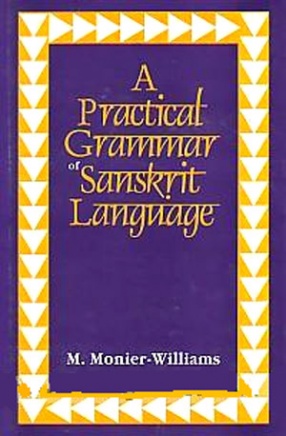
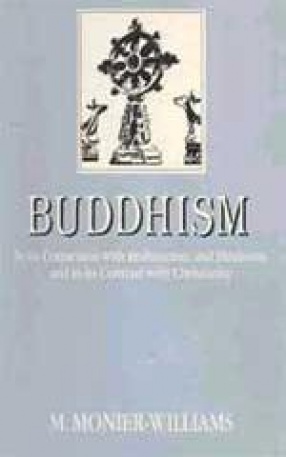
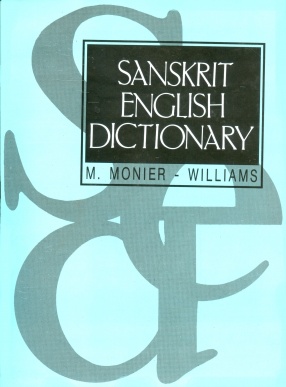
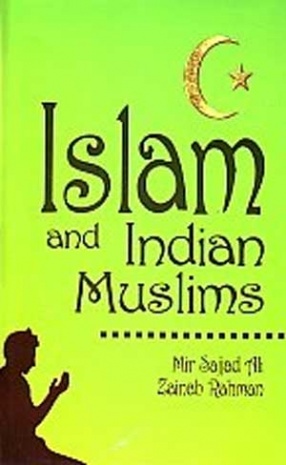
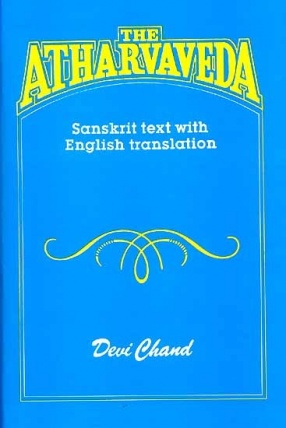
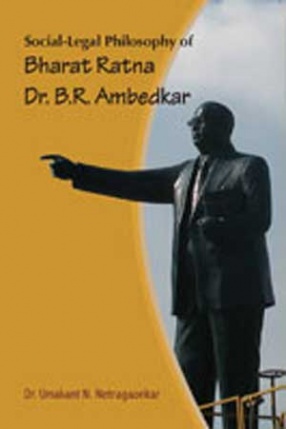
There are no reviews yet.